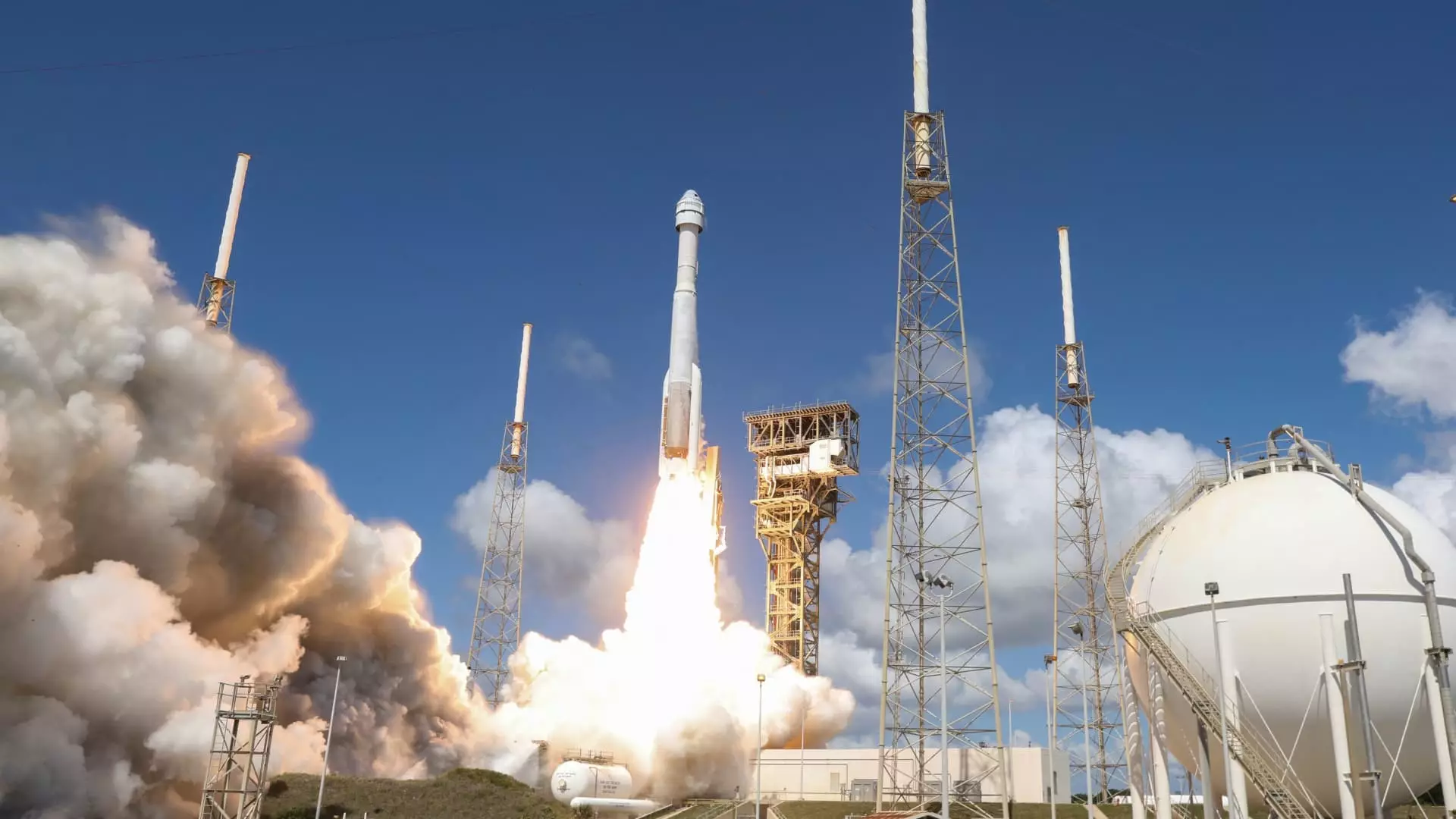Boeing’s Starliner, a human-grade space capsule, was designed to transport astronauts to and from the International Space Station as part of NASA’s Commercial Crew Program. Boeing embarked on this project in 2014 with a significant $4.2 billion contract from NASA, competing with SpaceX, which received $2.6 billion for its Crew Dragon capsule.
According to Caleb Henry, the director of research at Quilty Space, the Commercial Crew Program signified a shift for NASA. Traditionally, the agency relied on its internal engineering capabilities to transport humans to the space station. However, the program allowed NASA to delegate some of these responsibilities to the private sector, opening up new opportunities for collaboration.
Despite its initial involvement in the Commercial Crew Program, Boeing has encountered significant hurdles in delivering on its commitments. Out of the six missions contracted with NASA, Boeing has struggled to meet deadlines and milestones. The company has spent a considerable amount of the funding received, approximately $1.5 billion, to address delays and overruns in the development of Starliner.
Boeing recently conducted its final test flight, a crucial crewed mission that will determine the readiness of Starliner for operational missions. This milestone is essential for NASA to certify the spacecraft and ensure its safety for transporting astronauts. In contrast, SpaceX has successfully completed numerous crewed missions since 2020, demonstrating a higher level of efficiency and reliability in space travel.
The struggles faced by Boeing in the development of Starliner raise questions about the effectiveness of the Commercial Crew Program and the role of private companies in space exploration. While NASA’s collaboration with the private sector has opened up new possibilities, the challenges experienced by Boeing highlight the complexities of transitioning traditional aerospace practices to a more commercialized model.
The journey of Boeing’s Starliner within the Commercial Crew Program underscores the importance of innovation, collaboration, and adaptability in the rapidly evolving field of space exploration. As the space industry continues to evolve, it is essential for companies like Boeing to address their shortcomings, embrace new technologies, and strive for excellence in delivering safe and reliable spacecraft for future missions.


Leave a Reply